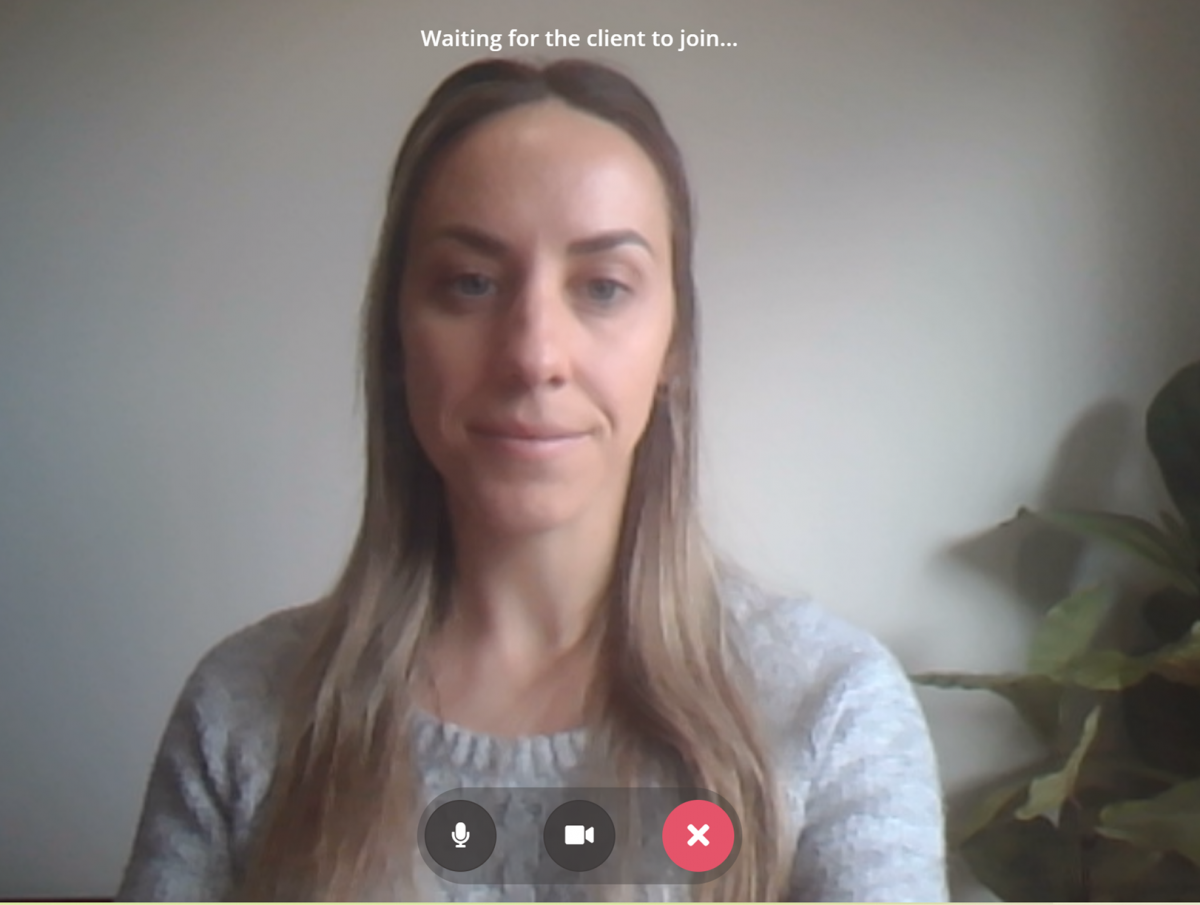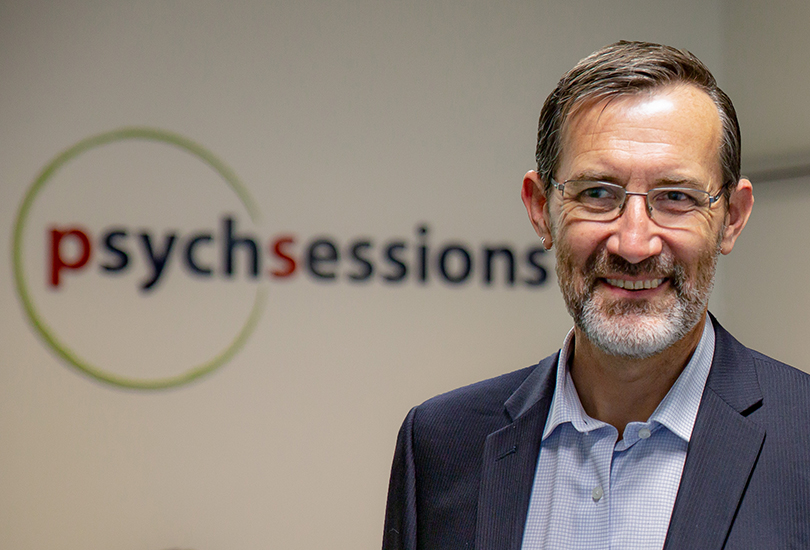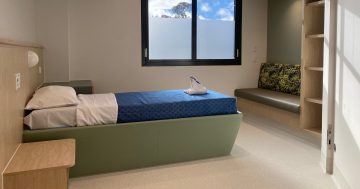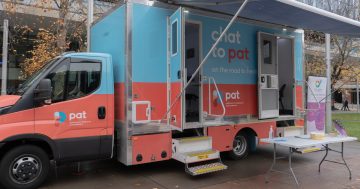
The pandemic has affected mental health services across Australia, with bigger impacts on people in regional areas. Photo: File.
We know the pandemic has had severe consequences for mental health services across Australia with a record number of therapists unable to see clients.
According to recent research from the Australian Psychological Society, availability is a significant hurdle, with one in three psychologists surveyed unable to take new clients (up from one in 100 before the pandemic).
Of the psychologists accepting new clients, more than 60 per cent reported worsening wait times averaging 55 days. Regional areas suffered more than metropolitan locations.

Jaci Swinton says evidence supported telehealth as an effective and beneficial means of delivering mental health care. Photo: Jaci Swinton.
According to PsychSessions clinical psychologist Jaci Swinton, the issue of accessibility compounds the situation for some demographics.
“For people in rural and remote areas, driving an hour each way for an appointment is just not practical,” she says.
“People with a chronic illness or disability or who are just really time poor have the added pressure of being unable to physically make it to appointments.
“These are real barriers for a lot of people.”
But there are other, non-physical hurdles to attending appointments.
“For example, it can be daunting turning up to clinics in the mental health space for people who have depression or social anxieties,” she says.
“For clients with ADHD, where scheduling and time management is hard, getting to appointments is yet another challenge.”
Ms Swinton says anonymity is another concern, potentially an even bigger problem in smaller communities where waiting rooms can pose a higher likelihood of bumping into an acquaintance or where you may find yourself face to face with your therapist in a social situation.
She says telehealth is one legitimate way to address these barriers and offers a continuity of care otherwise not possible for many people. But there’s sometimes a perception telehealth provides lower quality care than in-person treatment.
“There’s a sentiment that you won’t get the same therapeutic benefits or be able to build up that rapport over video calls than you can face to face,” she says.
“In actual fact, there is a lot of evidence that telehealth sessions are really effective and have a lot of benefits.
“Whether face to face or via telehealth, most important is finding a good fit in a psychologist. The modality of access matters little when you find the right one for you. Telehealth means you’re not limited by geography – it opens up your options to find that person.”
Psychsessions telehealth clients receive an email ahead of their sessions with a link they need only click on at start time, offering a level of convenience and anonymity Ms Swinton says many clients prefer.

Dr John Brown from PsychSessions is one of Canberra’s best psychologists. Photo: Region Media.
PsychSessions director Dr John Brown says in a time when the country is facing skills shortages across many sectors, the normalisation of telehealth has assisted his clinic to recruit clinicians of the highest calibre.
He says with the talent pool wide open, he is also free to onboard psychologists with specific specialisations and skill sets to suit the diverse needs of Psychsessions’ clients – and it has enabled him to launch a rural and remote offshoot.
“While everyone can benefit from our tele-clinic, we are looking to recruit clinicians who have experience living in regional, rural and remote areas. We know this may be the best, if not only, option for people in those areas. We hope it will bridge the gap between need and supply,” he says.
“Psychology is often a long game. There is no silver bullet for mental health and for many it takes time to build a rapport and trust with your therapist. People in regional, rural and remote areas don’t necessarily want to build rapport with someone out in the city who has never experienced living with the kinds of challenges unique to rural and remote areas.
“This program allows us to recruit across Australia, so we open up the talent pool to the best clinicians with the experience we need.”
For more information about Psychsessions, visit the website. Clients in regional, rural and remote areas can now also see the PsychSessions Regional Rural and Remote Program.




















